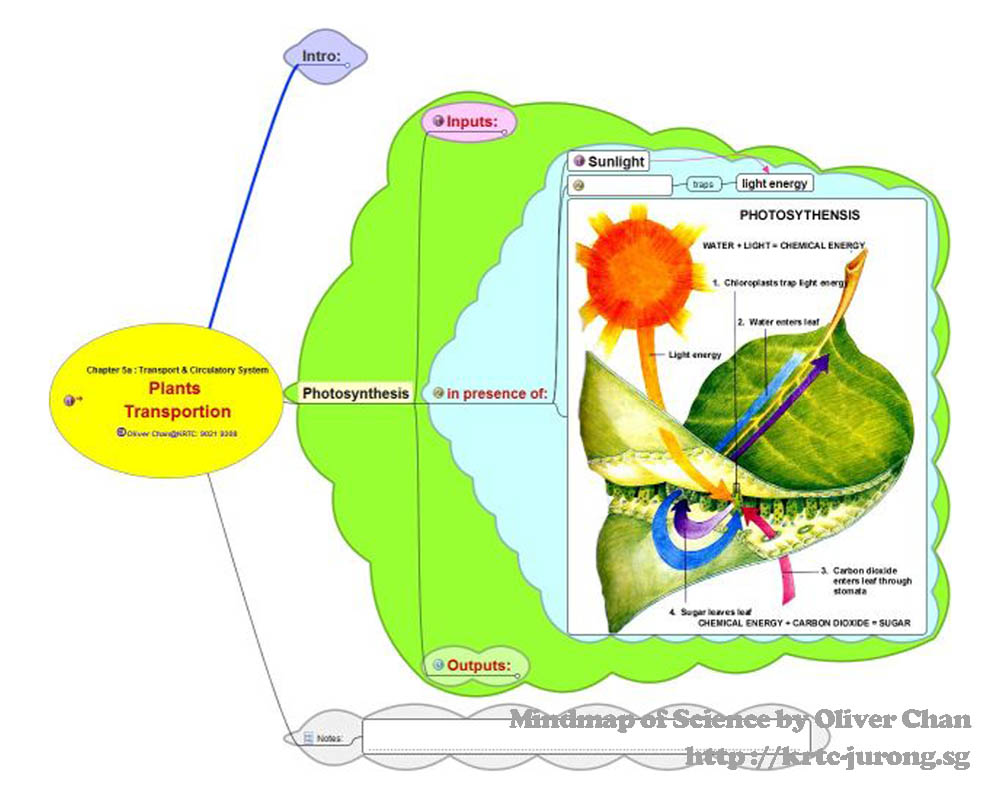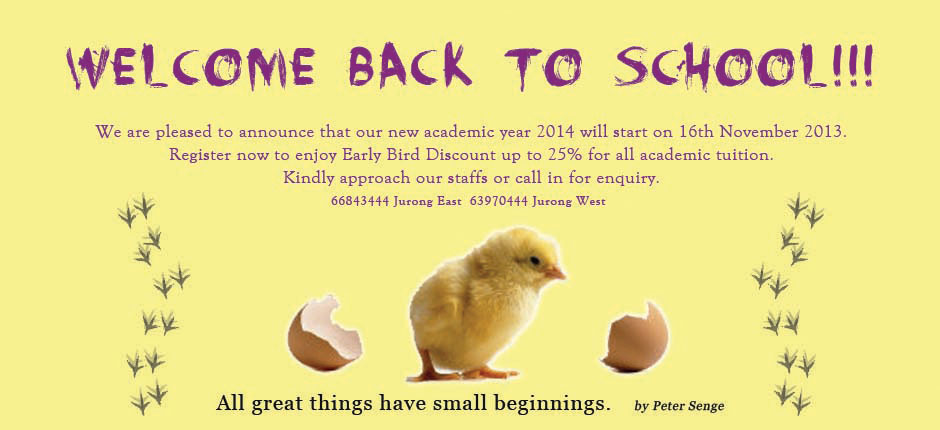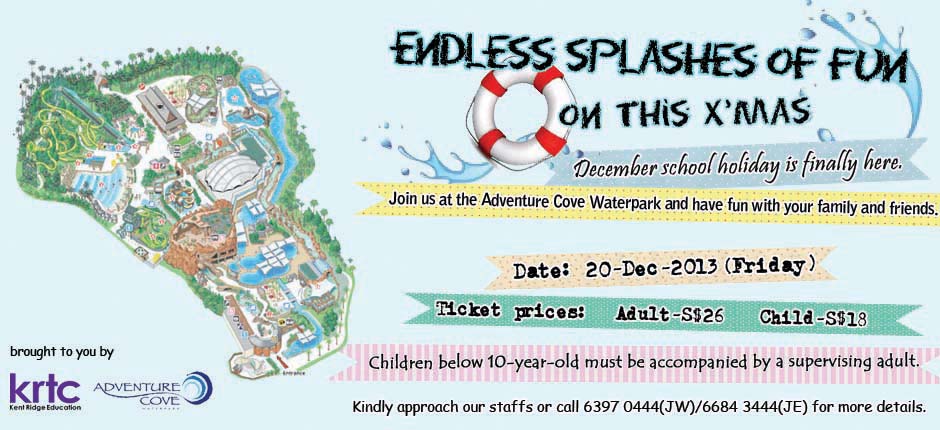To Empower my students to Gain a Successful Advantage by Learning Concepts that make Difficult Questions Easy.
Mind Mapping is a great technique that will improve our thinking skills and memory. Our brain has the ability to learn and remember large amounts of information, but only if these ideas are connected systematically and logically together. By mimicking how nature and our own brain works, ordinary people like all of us can be genius in a sense!
Many of my students’ first encounters with mind mapping are either in some expensive enrichment program or in a few special science lessons in their primary schools. However, when asked whether they apply it in their daily school work, they would probably say no. And why not? Simply because constructing a mind map on paper is just too time-consuming and troublesome. Sadly, just a few lessons are unlikely to make any significant long term impact.

Since 2010, I have been constructing MindMaps of the primary school syllabus for Maths and Science using a mindmapping program. After many refinements with feedbacks and valuable contributions from my students, it has been completed and available for all my lessons. Now my students can truly enjoyed the full benefits of MindMapping without spending too much time constructing them on their own.

The Mindmapping experience so far for many of my students is almost miraculous. Every lesson became alive in big screen with colours, graphics and sometimes videos. Difficult concepts became easier. Time spend on each topic was reduced by half, so in-depth discussion time doubled. Results within a few months improved significantly as they gained new-found interests in the topics they used to find boring. Join in my classes now to experience it yourself!
By Mr Oliver Chan
Primary Science & Maths Tutor
Kent Ridge Education (KRTC) @ Jurong
For more information, please refer to the tutor profile


